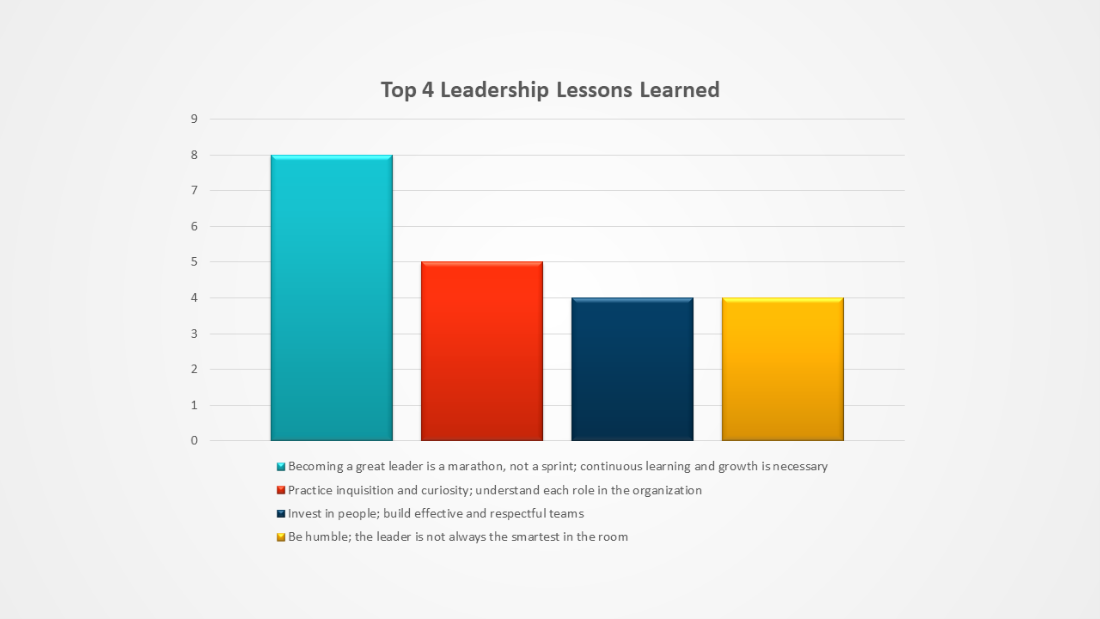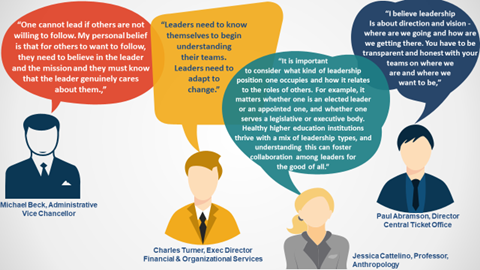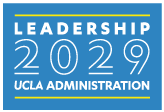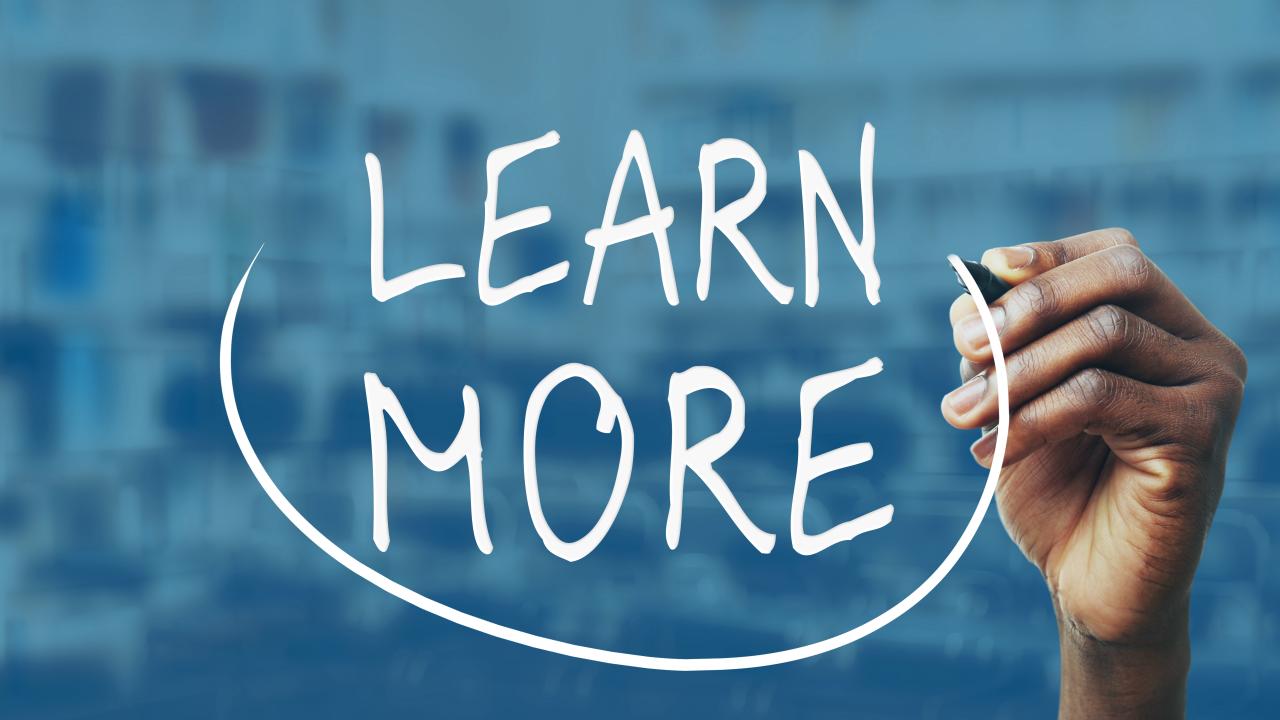Management Topic: Leadership Lessons Learned
Dear Colleagues,
As a leader, lessons should be abundant and learning should be a never-ending process. To become a high-value leader, continuous growth is key to success for both the leader and their staff.
“Leadership is one of the least taught occupations that there is in the world, but it’s the occupation that transcends every occupation.” - Coach Mike Krzyzewski, Duke University
Even after coaching for 40 years, Coach K admits that he is still learning as a leader.
It is easy to do a quick Google search and see the various lists of “top leadership lessons learned” and find similar lists including:
- Be a source of inspiration
- Be flexible and adaptable
- Use strategic decision making
- Set direction
Rather than work through a laundry list of lessons learned from others outside of campus, we hope highlighting some of the lessons learned by our colleagues and sharing a few specific lessons learned by our campus leadership may inspire you, and offer you food for thought in your leadership journey and growth.
We asked our campus leaders, “What would you identify as your top lessons learned as a leader?”

On a more personal level, we suspect several managers are similar to us and didn't plan or anticipate becoming managers or leaders. We may have been seen as high-valued performers and individual contributors and promoted as a result, because it was assumed that we would be great leaders. Truth is, it is quite challenging learning to grow and transition from the technical level to the professional level. Often, we jump on board, assembling the plane while already in flight, figuring it out as we go.
In our personal experience, the following actions/behaviors had the most impact on our growth:
1. Establish Feedback Partners
a. Identify a small group of trustworthy colleagues who work with you and have the opportunity to experience and observe your working style, interactions, behaviors, and productivity.
b. Schedule routine peer review check-ups to exchange feedback and constructive criticism.
c. Be a good listener, be receptive to improvement recommendations, and actively practice new behaviors.
2. Practice Inquisition and Curiosity
a. An insatiable appetite for constant curiosity and inquiry drives innovation and creative solutions.
b. Knowing that leaders are not always the smartest in the room, listening to front-line staff, and leaning in on their concerns and suggestions lead to building collaborative, effective, and respectful teams.
c. Integrating curiosity is an effective communication technique that can assist in transitioning from a pointed/directive tone into an inquisitive approach.
3. Self-Awareness
a. Practice self-reflection: know your strengths, weaknesses, limitations, and triggers.
b. Guard your tongue: be thoughtful with both verbal and nonverbal communication.
c. Better understand how your personality and actions align with your values, beliefs, emotions, and thoughts.
Learning to be a high-valued leader is a marathon; not a race. It takes time and many shared experiences that we continuously use as building blocks to elevate our leadership skills.
Officer McBride has impactful memories of an experience when one of his leaders used the “because I said so” management model after he innocently questioned a decision regarding a proposed operational plan. This is his story:
“The manager became upset and defensive, rejecting my request for clarification. I was told I was not allowed to question my superior’s authority. I simply wanted clarity about a decision being made and its potential consequences and was not trying to undermine leadership or be insubordinate.
"I later revisited my supervisor to explain that asking a question was not a sign of disrespect and simply answering questions improves employees’ growth, trust, and understanding of the task/mission and goal(s).”
Everyone deserves to be heard, especially when decisions are made that may jeopardize the organization or increase risk. When leaders take active behavioral steps to be transparent and vulnerable, they are more likely to build trust with their employees. When employees trust their leaders, they are likely to go the extra mile for the greater good of the organization.
These shared values of trust and transparency are where a leadership legacy begins, resulting in long-lasting effective communication systems, consistent accountability, and a new culture to carry forward, building a sustainable process that does not rely on one individual but on the entire organization. These are the types of wins that are worth celebrating.

Additional courses and book recommendations are available to learn more about this topic:
- MasterClass:
- Indra Nooyi - Former CEO of PepsiCo
- Rosalind Brewer – CEO of Walgreens
- Coach K - Duke University
- Book Recommendations:
- Your Leadership Legacy: Why Looking Toward the Future will Make You a Better Leader today – Regina Fazio Maruca and Robert M. Galford
- Dare to Lead – Brené Brown
- Smart Questions: The Essential Strategy for Successful Managers – Dorothy Leeds
- Whale Done!: The Power of Positive Relationships – by Kenneth H. Blanchard, Thad Lacinak & Jim Ballard

Interested in reviewing prior months’ topics? Visit our Monthly Management Tips website.
Do you have feedback, questions or a suggested topic you would like to learn more about? Please email: managementtips@ucla.edu.
Want to receive Monthly Management Tips emails? Sign up for our list!

